Chapter 13 is a type of bankruptcy that allows individuals with regular income from any source to create a repayment plan to pay off their debts over three to five years while keeping their assets.
To qualify, you must have a regular source of income, from whatever source, and your secured and unsecured debts must not exceed certain limits set by law.
Under Chapter 13, you propose a repayment plan to the court, which consolidates your debts into one monthly payment. The repayment plan lasts three to five years, depending on your income level. The payment is made to a trustee whp then pays the debts based upon the plan provisions.
Chapter 13 can cover most types of debt, including mortgage arrears, car loans, credit card debt, medical bills, and certain tax debts. However, some debts, like student loans and certain taxes, may not be fully dischargeable.
Filing for Chapter 13 will impact your credit score, but it may be less damaging than Chapter 7 since you are repaying debts over time. The bankruptcy can remain on your credit report for up to seven years.
Yes, Chapter 13 can stop foreclosure proceedings and allow you to catch up on missed mortgage payments through your repayment plan.
Yes, one of the main benefits of Chapter 13 is that it allows you to keep your property while making payments under a court-approved repayment plan.
The repayment plan typically lasts three to five years, depending on your income. After completing the plan, any remaining eligible debts may be discharged.
If you are unable to make payments, you can request a modification of the plan. In some cases, the court may allow a temporary suspension of payments or convert your case to a Chapter 7 bankruptcy.
Yes, but there are waiting periods between filings. For example, if you previously filed Chapter 7 and need to file a Chapter 13 within four years, you can file and get the bankruptcy protection and pay the debts, but a discharge will not be granted at the end.
Fees can include court filing fees, trustee fees, attorney fees and fees for credit counseling and credit reports. These are often included in the repayment plan to make it more manageable.
Not necessarily. Depending on your income and the amount of debt, you may only have to pay back a portion of your unsecured debts, such as credit cards or medical bills, through the repayment plan.
Pursuant to BAPCPA "We are a debt relief agency. We help people file for bankruptcy relief under the Bankruptcy Code."

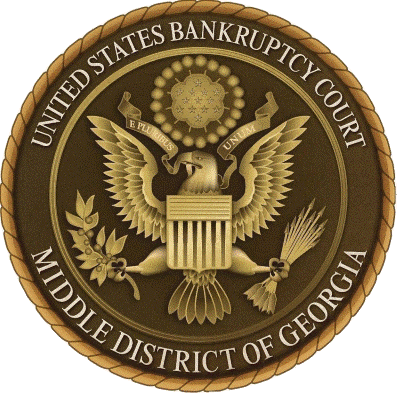
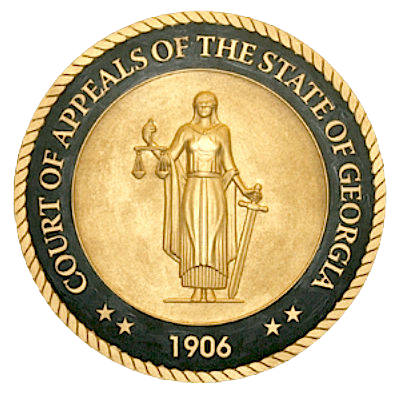
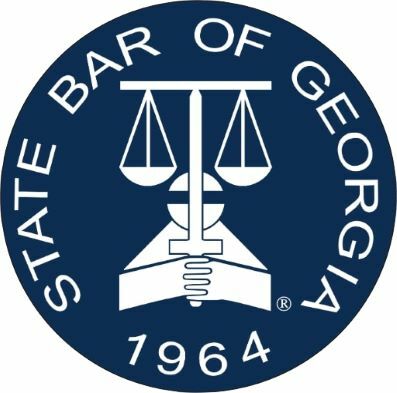
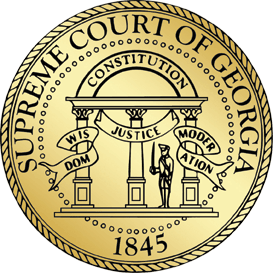
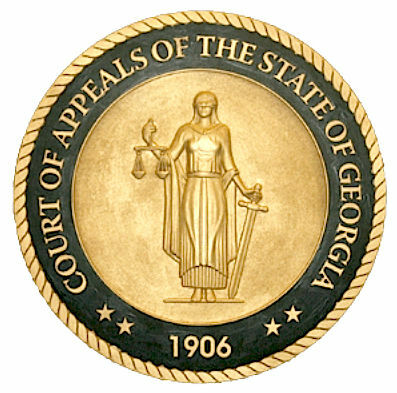
Content, including images, displayed on this website is protected by copyright laws. Downloading, republication, retransmission
or reproduction of content on this website is strictly prohibited. Terms of Use | Privacy Policy